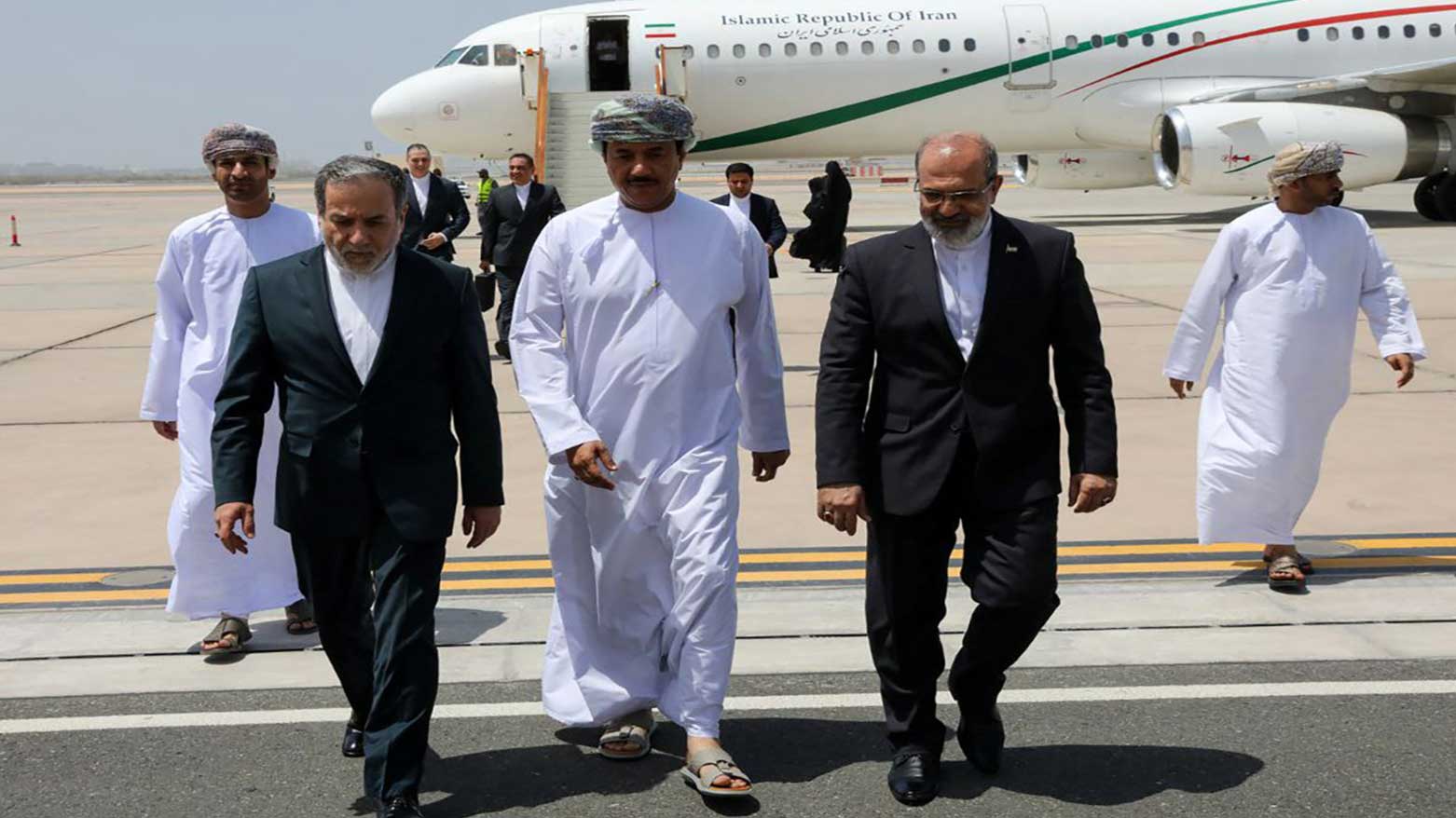Iran, U.S. Conclude Nuclear Talks in Oman Without Breakthrough, Agree to Continue Negotiations
Iran described the latest meeting as "difficult but useful," while a senior U.S. official, speaking to AFP on condition of anonymity, said Washington was "encouraged by today's outcome and look forward to our next meeting, which will happen soon."

ERBIL (Kurdistan24) — Iran and the United States concluded their fourth round of nuclear talks in Oman on Sunday with no apparent breakthrough in their long-standing dispute over uranium enrichment. However, both sides signaled readiness for future negotiations, according to AFP.
The high-level talks, which have been ongoing for nearly a month, mark the most substantial diplomatic engagement between the two rivals since the United States withdrew from the 2015 nuclear deal under former President Donald Trump in 2018.
Iran described the latest meeting as "difficult but useful," while a senior U.S. official, speaking to AFP on condition of anonymity, said Washington was "encouraged by today's outcome and look forward to our next meeting, which will happen soon."
Iranian Foreign Ministry spokesman Esmaeil Baqaei stated on the social media platform X that "the next round will be coordinated and announced by Oman." The Omani government also confirmed that further talks would be scheduled after both sides consult their leadership.
According to the U.S. official, Sunday’s negotiations were “both direct and indirect, and lasted over three hours.” The official noted that an “agreement was reached to move forward” and “continue working through technical elements.”
At the heart of the stalemate remains Iran’s insistence on its right to enrich uranium—an issue Tehran deems "non-negotiable." Iran’s top nuclear negotiator, Foreign Minister Abbas Araghchi, reiterated after the talks that enrichment “must continue and there is no room for compromise on it.” However, he hinted at a possible willingness to limit the rate of enrichment "to help build trust."
U.S. chief negotiator Steve Witkoff has also maintained a firm stance, labeling Iran’s uranium enrichment as a “red line.” In an interview with Breitbart News on Friday, Witkoff declared, “Iran’s enrichment facilities have to be dismantled. That’s our red line.”
Iranian President Masoud Pezeshkian on Sunday pushed back on such demands, declaring, “Iran will not give up its peaceful nuclear rights under any circumstances and will not back down from its rights in the face of pressure.”
The talks come amid intensified diplomatic activity in the region. Araghchi recently returned from Saudi Arabia and Qatar, while the Iranian foreign ministry announced a visit to the United Arab Emirates scheduled for Monday. U.S. President Donald Trump is also expected to visit Gulf countries next week as part of his regional tour.
Omani Foreign Minister Badr Albusaidi expressed optimism, saying the discussions included “useful and original ideas reflecting a shared wish to reach an honorable agreement.”
Western powers, including the U.S., have long accused Iran of covert efforts to build nuclear weapons—allegations Tehran has consistently denied, asserting that its nuclear program is solely for peaceful purposes.
Iran is currently enriching uranium to 60 percent purity, significantly exceeding the 3.67 percent limit set by the 2015 agreement but still below the 90 percent required for weapons-grade material.
Meanwhile, European nations are weighing whether to trigger the “snapback” mechanism within the nuclear deal, which could reinstate UN sanctions in response to Iranian non-compliance—a move that must be made before the October deadline.
In a piece published by French magazine Le Point on Sunday, Araghchi cautioned against a “strategy of confrontation.”
Israel, a vocal critic of the talks, warned against allowing Iran to acquire nuclear weapons. “Iran is the most dangerous state in the world and must not be allowed to obtain the world's most dangerous weapon,” said Israeli Foreign Minister Gideon Saar.
The coming weeks are expected to test whether diplomacy can resolve one of the Middle East’s most enduring and dangerous standoffs.